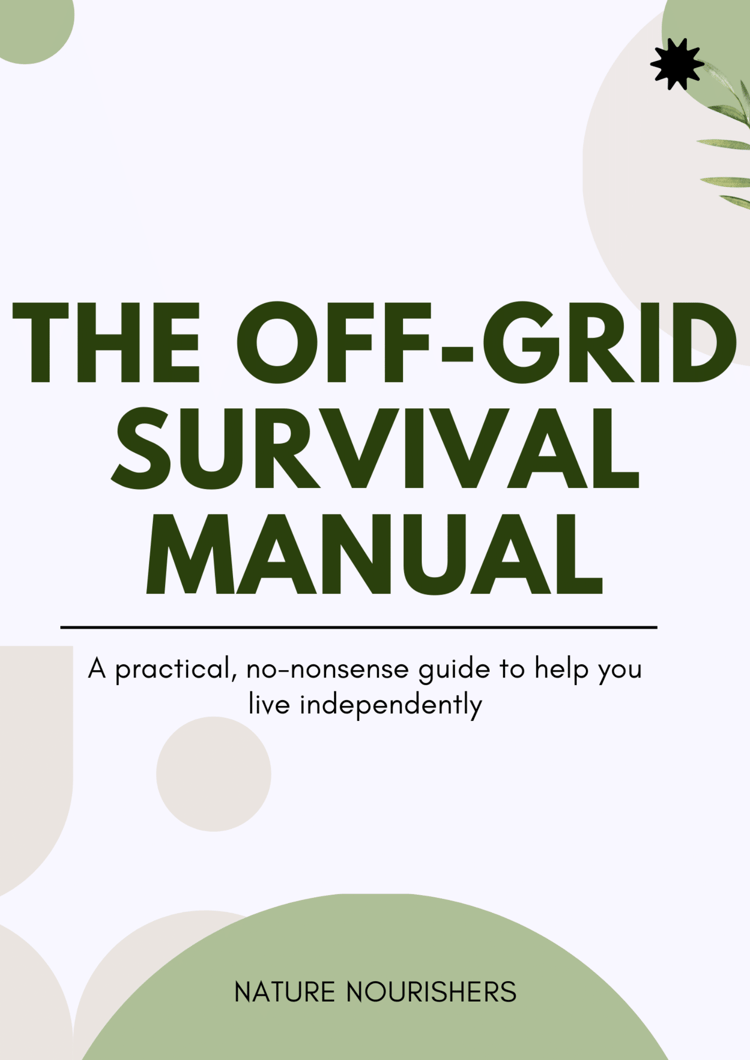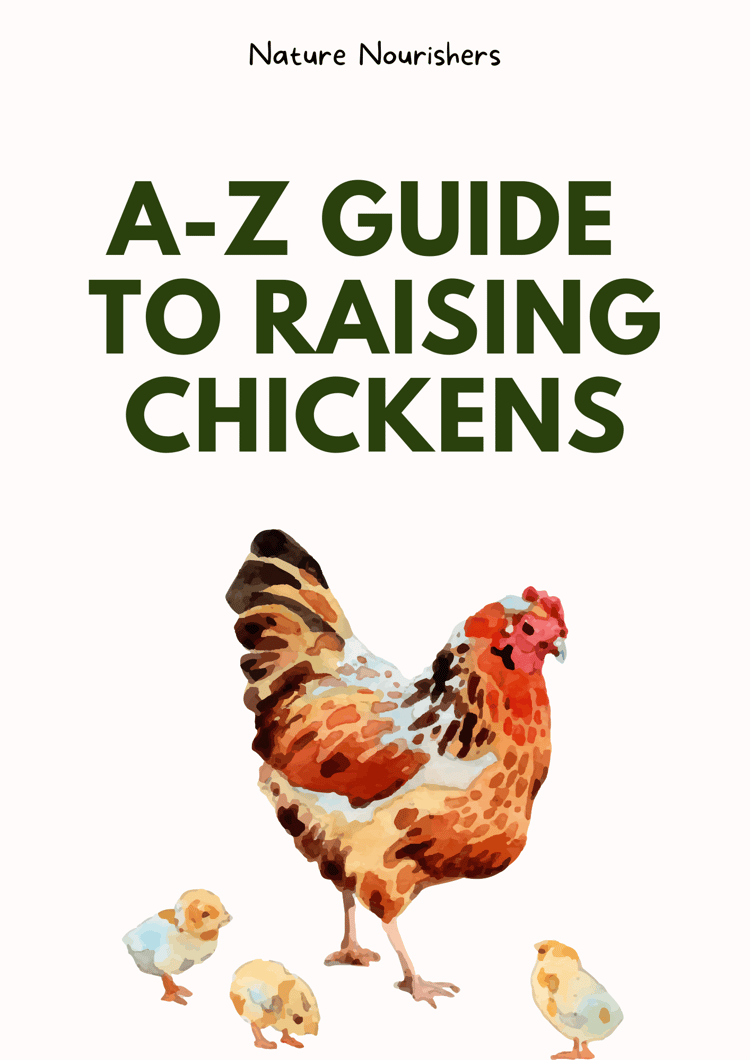Healthy chickens are active, alert, and reliable layers — but even the best-kept flock can run into health problems from time to time. Knowing how to spot early signs and offer immediate care can prevent small issues from becoming serious losses. Here's how to identify and treat the most common chicken health concerns on the homestead.
1. Mites and Lice
Signs: Feather loss, constant scratching, pale combs, decreased laying
Treatment: Dust with food-grade diatomaceous earth or poultry-safe permethrin. Clean the coop thoroughly and replace bedding. Repeat treatment weekly for 2–3 weeks.
2. Egg Binding
Signs: Lethargy, penguin-like posture, straining, swollen abdomen
Treatment: Soak the hen in a warm Epsom salt bath for 20–30 minutes. Gently massage the area. Keep her warm and separate from the flock. If the egg doesn’t pass within 24 hours, seek vet care.
3. Coccidiosis
Signs: Bloody droppings, weakness, huddling, loss of appetite
Treatment: Administer medicated water with Amprolium (Corid) immediately. Keep the coop clean and dry. Coccidiosis can kill chicks quickly, so act fast.
4. Respiratory Infections
Signs: Sneezing, coughing, nasal discharge, wheezing, swollen eyes
Treatment: Isolate the bird. Provide warmth and electrolytes. Treat with antibiotics only if prescribed. Improve coop ventilation and avoid dusty bedding.
5. Bumblefoot
Signs: Limping, swollen foot pad with black scab
Treatment: Soak foot in warm Epsom salt water. Carefully remove scab and pus if needed. Apply antibiotic ointment and wrap the foot. Keep the bird on clean bedding during healing.
6. Sour Crop
Signs: Squishy, sour-smelling crop, lethargy, poor appetite
Treatment: Withhold food for 24 hours. Gently massage the crop downward. Offer a probiotic-rich diet and keep the bird upright. Avoid feeding too much grain or long grass.
7. Prolapsed Vent
Signs: Red tissue protruding from vent, straining, other hens pecking it
Treatment: Clean the area with warm water. Gently push tissue back in with clean gloves and coconut oil or honey. Isolate until healed. Apply anti-peck spray if needed.
8. Worms (Internal Parasites)
Signs: Weight loss, diarrhea, decreased egg production
Treatment: Use a chicken-safe dewormer like fenbendazole as directed. Clean coop thoroughly and rotate grazing areas if free-ranging.
9. Marek’s Disease
Signs: Lameness, twisted neck, paralysis, weight loss in young birds
Treatment: No cure — prevention through vaccination is key. Remove infected birds from the flock to avoid spread.
10. Vitamin Deficiencies
Signs: Weak legs, curled toes, stunted growth in chicks
Treatment: Offer poultry vitamins in water. Provide a balanced diet with plenty of greens, grains, and protein. Avoid feeding too many treats or low-nutrient scraps.
Keeping a close eye on your flock and knowing what’s normal makes it easier to catch illness early. With prompt action and clean conditions, most chicken health issues can be treated naturally and successfully at home.




